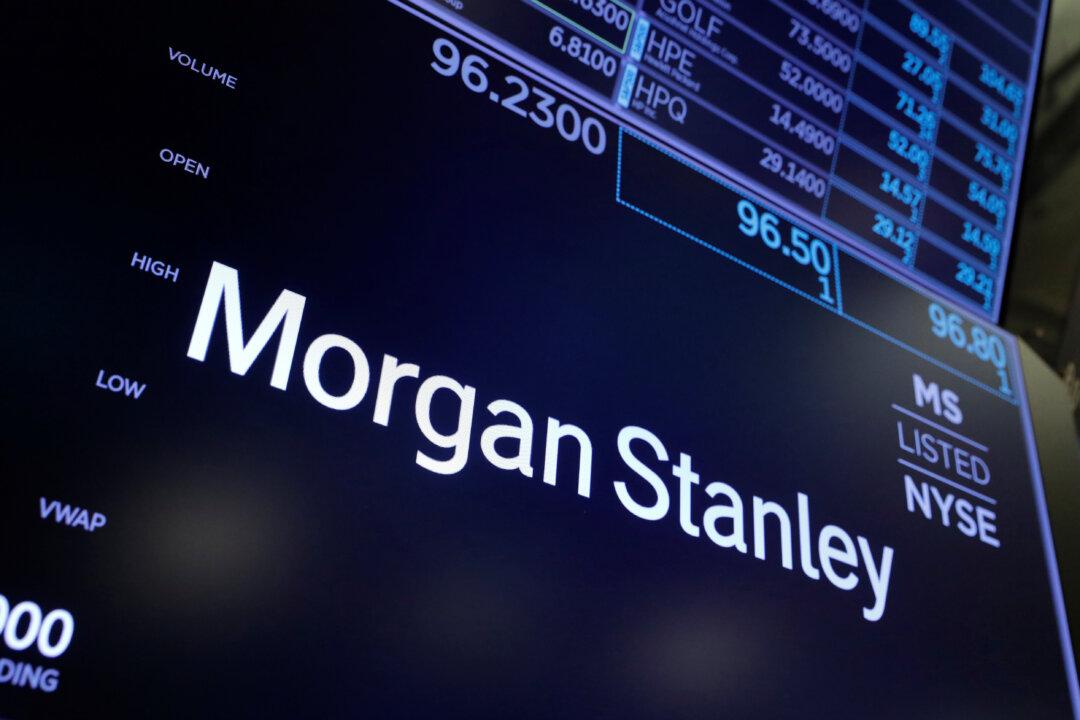The UK energy market regulator has fined Morgan Stanley £5.4 million after energy traders discussed business in WhatsApp exchanges on private phones.
Ofgem said that Morgan Stanley failed to take “reasonable steps” to record and retain electronic communications between its wholesale energy traders.





